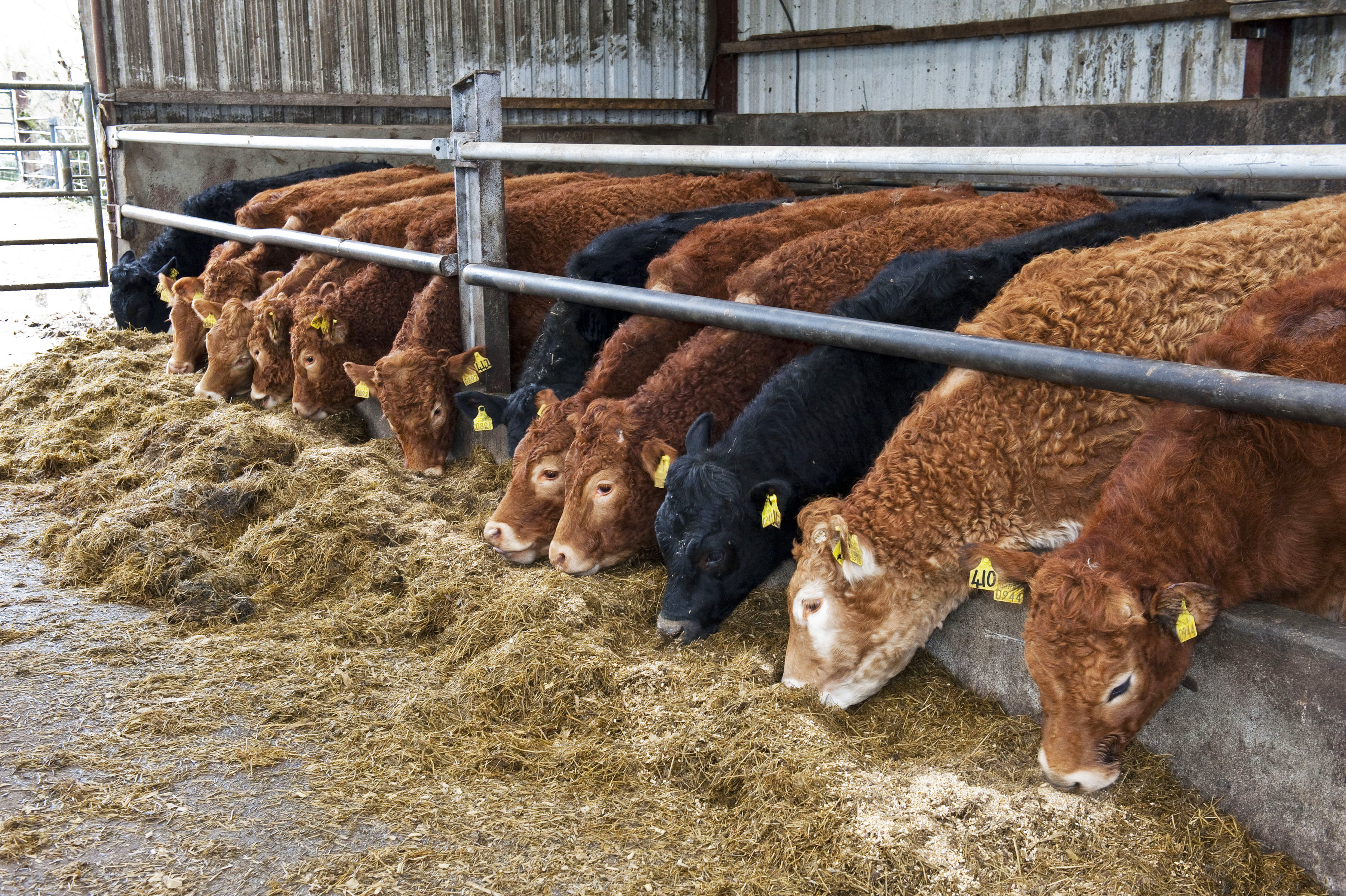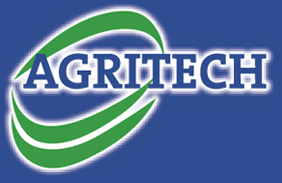
Looking after beef finishers this winter
A programme for excellence in finishing concentrate feeding
Quick tips for success
4 factors that are key to winter beef finishing success:
1. Minimise stress to the animal at housing
Only house cattle with dry coats
Don’t overstock pens and group by weight for age
2. Treat all animals for internal and external parasites
Lice, fluke and worms
3. Minimise digestive upsets in the transition period.
4. Maximise daily live weight gain and feed conversion efficiency.
Introduction
It is the time of year when cattle are coming off grass to settle into a winter beef finishing system and is a time when a lot of the digestive upset and lameness takes place in the herd.
To minimise the impact from a change in the diet coming from cold wet grass to low ph forage and concentrate feeding, all stock should get 1 to 2 kg of a high fibre ration for 7 to 10 days before housing. A simple blend is 50% rolled barley and 50 % hulls. Ideally this blend should contain Rumicare and Welmin Beef Finisher or Beef Rumigest. Once housed, concentrate should be built up gradually at a rate of ½ kg per day until the required feeding rate is reached.
Maximising daily live weight gain (DLG) and feed conversion efficiency (FCE) is a measure of how well the animal is growing i.e. laying down muscle and fat and a measure of how economically this is being achieved. In simple terms it is the kilos of forage and concentrate being fed in order to gain a kilo of live weight. The less feed that is fed to gain this kg, the more money for the farmer.
Concentrate and mineral requirements
When considering which beef cattle to finish on the farm this winter it is worth remembering that, on average, it will take 12-14kgs of concentrate to finish a 600kg animal, compared with 6-7kgs to finish a 300kg animal. Silage quality on grass based systems is an important consideration as for each increase of 3 DMD it has the potential to reduce concentrate feeding by up to 1.5kg per head per day. With concentrate costing €220 per tonne this would equate to an additional €33 feed cost over a 100 day finishing period.
Many farmers have a perception that finishing cattle do not need minerals and vitamins. However recent research 1 has shown that poorly balanced diets for minerals and vitamins reduces animal performance. Calcium and phosphorous are needed to build good bone structure to carry the extra muscle and fat required to meet kill-out specification.
Copper and Zinc are natural growth enhancers which encourage the animal to develop good muscle structure. Selenium and Iodine coupled with vitamins A, D3, E and B complex are needed for the animal to fight viruses and bacteria – which cattle are more susceptible to at this time of year.
Specially developed feed
To help ensure a healthy animal with good thrive, Agritech has developed Welmin Beef Rumigest to meet the mineral requirement for breeding and store cattle. Welmin Beef Finisher is specially formulated to meet the requirements of intensely finished beef cattle. Welmin Beef Finisher is now available with added sulphur for an Alkagrain diet.
FCE is the main driver of profit on beef units. Controlling acidosis, both sub clinical and clinical, is vitally important. In times past sodium bicarbonate was the product of choice, however, modern feeding practice and TMR systems place new challenges on the animal’s system. To overcome this issue, Agritech developed Rumicare Beef especially designed to control acid build up by its unique phase release action. To further increase the animal’s FCE, Rumicare contains Welmin’s unique Rumigest yeast which encourages the efficient growth of beneficial micro-organisms for improved feed conversation.
For further advice, assistance or to order from our Welmin range, contact your local Agritech distributor. www.agritech.ie/find-a-distributor
Reference
1. Ahola JK. Copper, zinc, and manganese in beef cattle production: effects of supplementation and source on reproduction, mineral status, feedlot performance, immunity, and carcass characteristics (Doctoral dissertation, Colorado State University. Libraries).

